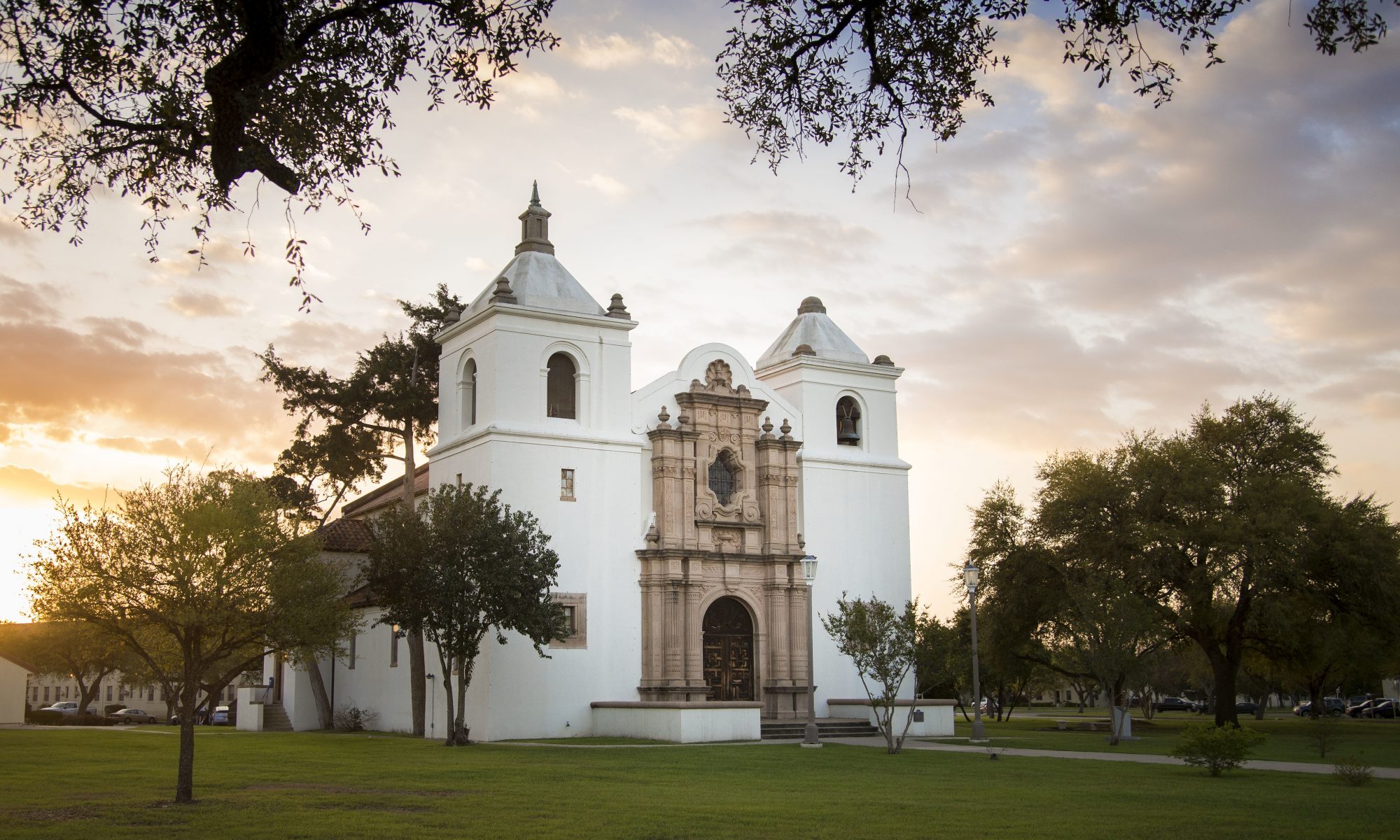What histories have been told over time that has left out the histories of others?
There are histories that have been left out and not told because the voices have been oppressed for hundreds of years. Why are there histories that are remembered and not remembered? Every history is multifaceted, trust me, if you don’t think it is, you just haven’t come across that history yet. One local history that is familiar to almost all in Texas is, “The Battle of the Alamo.”
“Why Should I Remember the Alamo”
The well-known cry to “Remember The Alamo” is not just something local San Antonians and Texans remember but something that is held in the memories of people all over the world. But why? And why does everyone remember the Alamo? What are we remembering?
When I ask the question, “Why should I remember the Alamo?”, it is one of two things. First, it is an honest question. I’m not trying to say I forget a piece of local history that shaped San Antonio. As a student of Public History, I think it is important to know histories from all perspectives to gain better insight and personal experiences. Second, I am not necessarily just asking the question. I am leading a collection of questions I have within the original question. It is to turn the gears in the brain to think deeper, to think on multiple layers. The collection of questions are:
What am I remembering?
Most people that come and visit the Alamo do not understand that it did not just serve in the Texas Rebellion/Revolution. The Alamo was controlled by the Spanish and then Mexicans. It has a history of teaching the Catholic faith to others and supporting a city that has referred to as “The Buc-cee’s of the 17th and 18th century. Many people, even me, do not retain that information about that portion of history because it is not where the yee-haw Texan identity is.
Why do you remember it?
I’m always being told to remember but why? Why should I? Historical Amnesia? Social memory? Why? Why? Why? Ah, maybe one point of view weighs more in the memories of Texans but maybe it is time to break down barriers. To help revive the memory of what the Alamo was before 1836. Maybe, it is time to apply that pressure now that the new museum is on its way.
Who am I remembering?
San Antonio has a very long history. Yes, the city of San Antonio is 300 years old but people have been in this area for a very long time. The indigenous groups that lived here prior colonization have their histories almost forgotten in San Antonio because of the Alamo. Then the history of the Alamo has some bits and pieces missing from social memory. The history of the Alamo has become muddy waters becoming mixed with legends and myths. Funny the war has a way of doing that to history, we are always looking for “heroes”.
“There is that great proverb — that until the lions have their own historians, the history of the hunt will always glorify the hunter.” – Chinua Achebe, “Paris Review” Interview
I encourage others to add to the list, take away, do what they need to understand what is being taught and what is forgotten.

Shine, thank you for sharing your reflections and thoughts on the Alamo. This post reminded me of our recent reading of “Monuments of Conformity.” Proponents of the controversial Twelve Travelers monument argued that people should be remembered for their historical significance and not necessarily their moral character. But who determines what makes history “significant” and therefore worth being remembered? Only putting certain historical figures/events on pedestals and in textbooks mutes other versions of history. Hopefully with a new museum the Alamo will make an effort to tell the entire history of San Antonio.
I like this article, it really does a great job of the problem of “complacent history”. By that I mean that sometimes we hear the telling and retelling of tales that we often to forget to ask the questions that you propose. The Alamo is a great example of this. To many it is a symbol of freedom and liberty, but to others it can serve as a symbol of oppression and genocide. We should never be afraid to question, and if the people in charge can not or will not answer those questions then maybe we need different people in charge who can give us answers. By asking questions and challenging authority we force the authority to be better and we avoid becoming sheep.
The Buc-cee’s of the 17th and 18th century? I’m dead! I think the Alamo is very special to our Public History program– it’s right there, in our face, staring back at us as historians. We SHOULD be asking these questions, and we should be bringing these questions to other San Antonians and Texans. A dialogue is well overdue! Great blog!